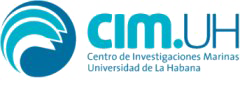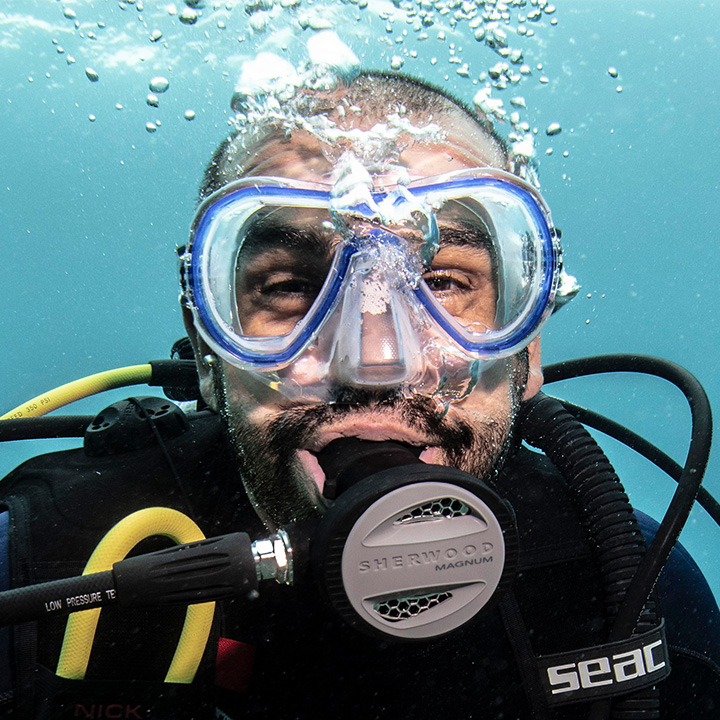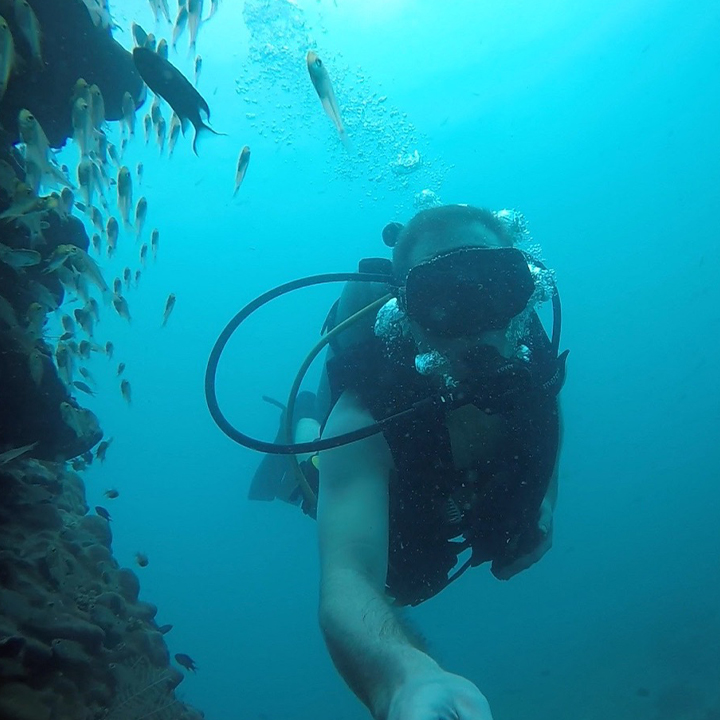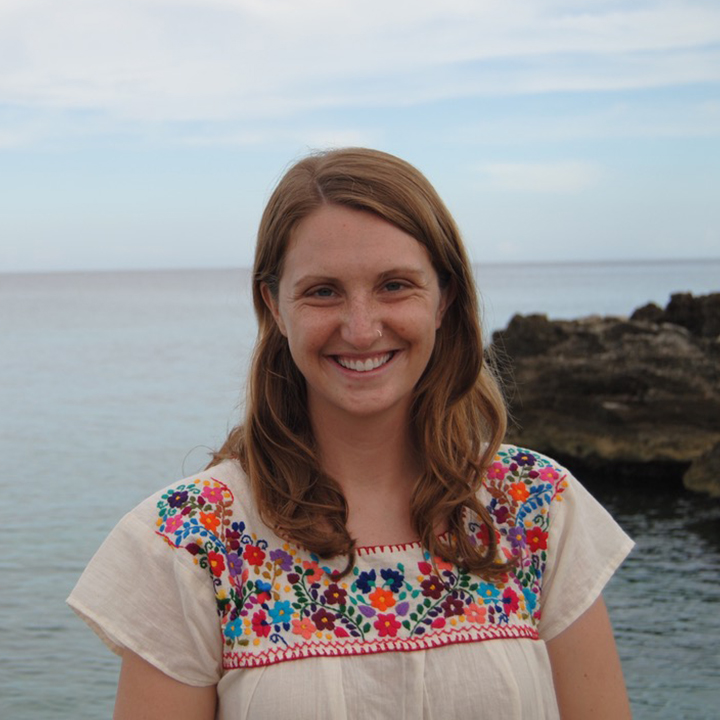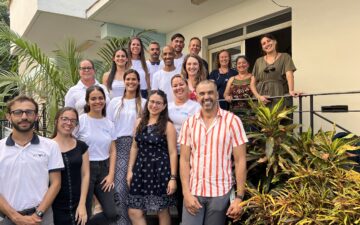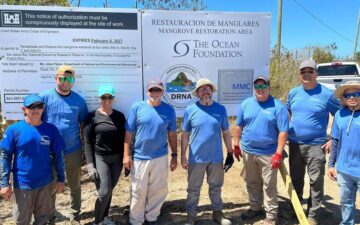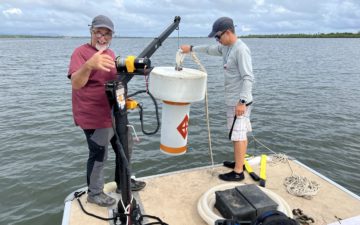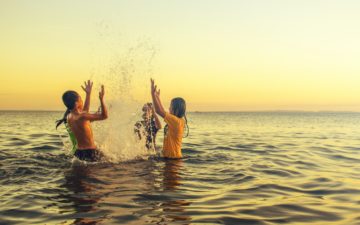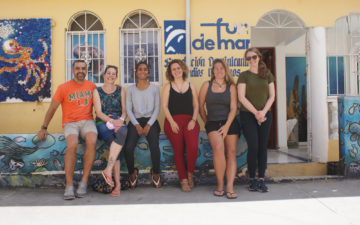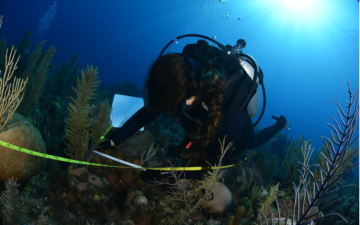Caribbean Biodiversity Fund
We at The Ocean Foundation are delighted to work with the Caribbean Biodiversity Fund (CBF) to support projects in Cuba and the Dominican Republic. We are collaborating with scientists, conservationists, community members, and government leaders to create nature-based solutions, uplift coastal communities, and foster resilience from the threats of climate change.
These projects fall under our Ocean Science Diplomacy efforts, within our Blue Resilience Initiative.
Jump to Sections
What is CBF?
Initiated in 2012, the Caribbean Biodiversity Fund pledges to preserve and restore natural habitats in the Caribbean region, providing sustainable and long-term financing mechanisms. Their Ecosystem-based Adaptation (EbA) grant program, co-financed by the International Climate Initiative (IKI) of the German Federal Ministry for Environment, Nature Conservation, and Nuclear Safety through KfW, supports projects that foster biodiversity and build coastal resiliency against the threats of natural disasters and climate change.
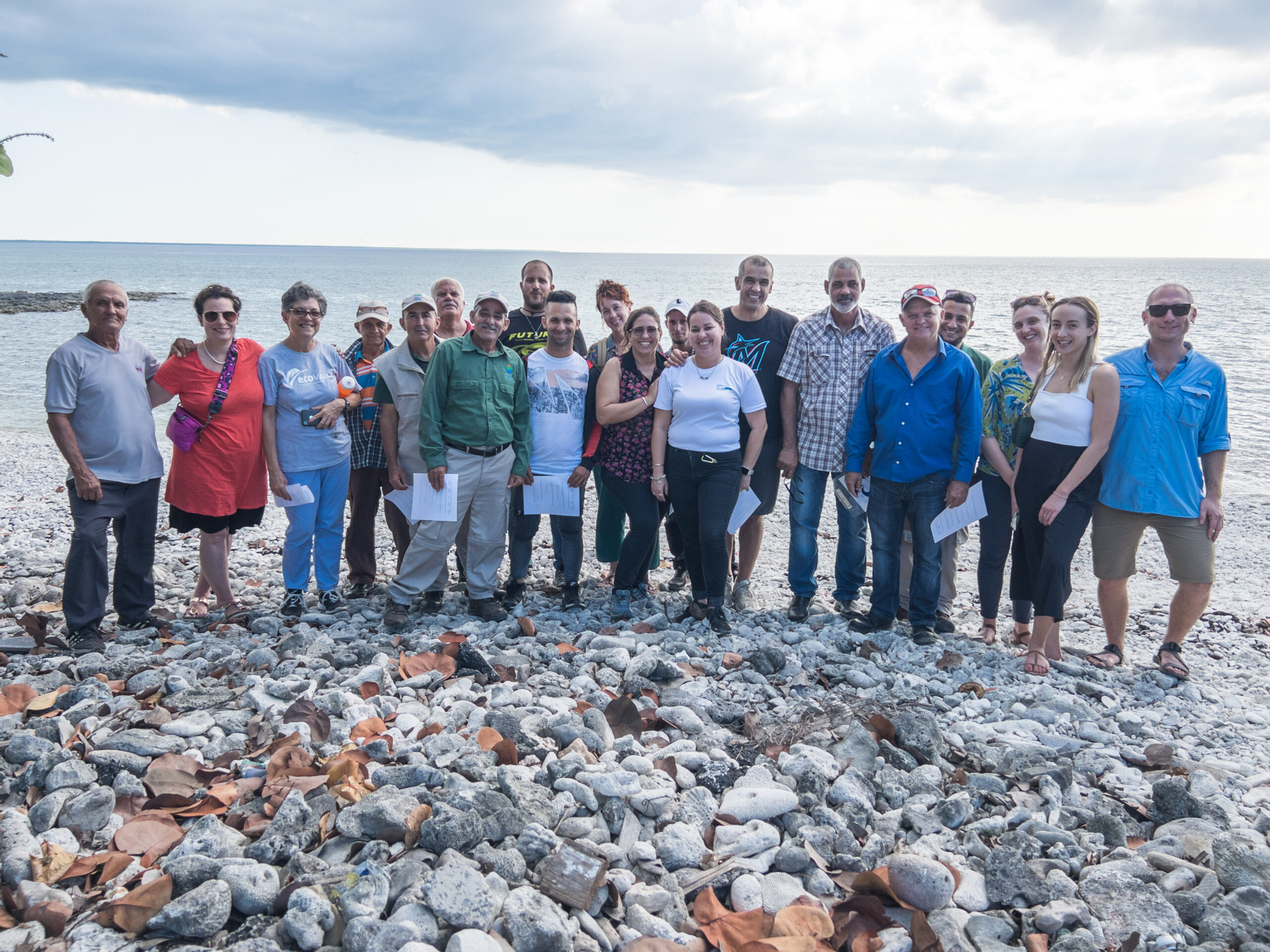
Through the EbA grant, we are working with the two largest island countries in the Caribbean: Cuba and the Dominican Republic. We are conducting mangrove and coral restoration and monitoring and making use of excessive sargassum on sandy beach habitats. The health of these coastal habitats directly impacts tourism, food security, and protection against storms that are uniquely frequent in the Caribbean region.
Our Team
Project Objectives
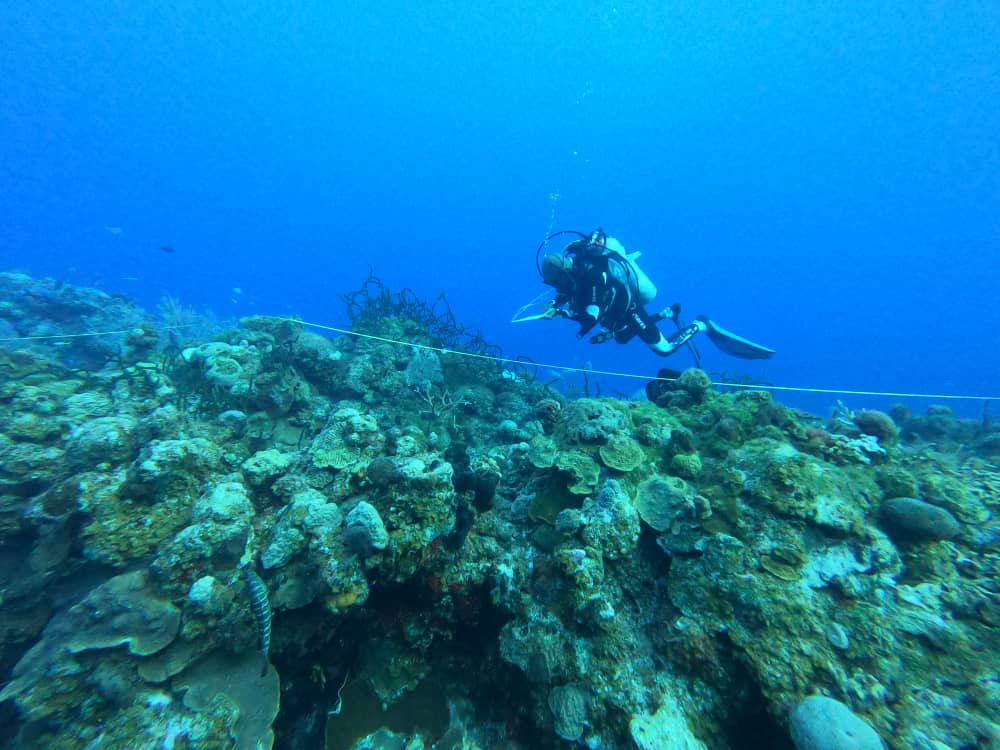
Restoring Coral Ecosystems
Coral reefs fuel local economies, shelter marine life, and defend coastal communities, absorbing 97% of the wave energy produced by the ocean. However, warming ocean temperatures, storm damage, and disease jeopardize the health of these habitats. We are restoring coral reefs in Cuba through utilizing traditional asexual methods and an innovative larval propagation method, enhancing the scale of restoration and genetic resilience of planted corals. Furthermore, to understand the dynamics of the coral reef ecosystem, we regularly monitor reef health and biodiversity, allowing us to allocate adequate resources and evaluate the success of our interventions.

Restoring Mangroves
Exacerbated by urban development and climate change impacts, rising sea levels and the diversion of freshwater inputs have degraded healthy mangroves. Mangroves are essential for carbon sequestration, lowering net carbon emissions. They act as a coastal buffer from storms and pollution, and provide a habitat for juvenile marine species. Through efforts led by local residents and scientists, restorative practices such as targeted planting and monitoring will contribute to decelerating and reversing degradation.
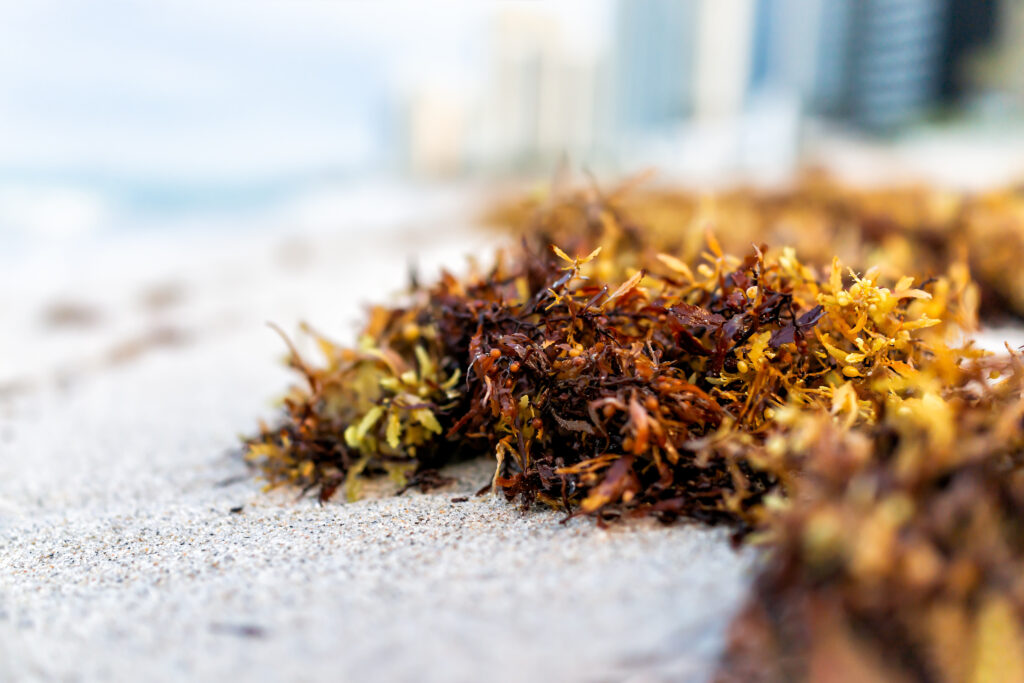
Addressing Excessive Sargassum
The excessive accumulation of sargassum is a growing problem in the Caribbean. Sargassum is smothering coral reefs and seagrasses. Its garish appearance and foul smell has also provoked a reduction in tourism, damaging local economies. By partnering with Grogenics and local agricultural communities, we are embracing a nature-based approach, using sargassum to make organic compost. This strategy also replaces the need for petroleum-based fertilizers that contribute to nutrient buildup and pollution.
Capacity Building
At TOF, we facilitate ocean diplomacy and education by providing workshops and resources that allow key players to exchange knowledge and build ocean literacy on their own terms. We also assist community members and citizen scientists in acquiring the necessary certifications and training for monitoring and restoration. It’s the team of scientists, local leaders, and residents who take command, create, and implement long-lasting solutions.
Photo Credit: Mauricio Abascal
Cuba
The marine ecosystems in Cuba are some of the most diverse and vibrant in the region. Yet, these ecosystems face severe threats due to rising sea levels and natural disasters. These waters sustain the economy, health, and agriculture of more than 11 million Cuban citizens, who are overcoming the adverse effects of COVID-19 and the embargo. Collaboration with Cuba in this project will build resiliency against the united threat of climate change.
In Guanahacabibes National Park (GNP), the coral reefs are a renowned dive site and sanctuary for marine species, boosting the local economy and serving as an important site for biodiversity. We are teaming with community leaders, citizens, and local scientists to repair and maintain coral nurseries and fragments, remove and convert sargassum into compost, restore and monitor mangroves, and train residents to participate in restoration projects.
Many of our GNP projects work in tandem with ongoing projects in Jardines de la Reina National Park (JRNP), the largest MPAin the Caribbean. We have been collaborating with Cuban scientists to monitor coral reef ecosystems, and document the baseline for coral reef health, along with participating in coral spawning expeditions, and initiating coral larval propagation in both GNP and JRNP. We also launched a Cuba and Dominican Republic learning exchange, to transfer knowledge of larval propagation and coral restoration in projects.
Dominican Republic
The Dominican Republic is one of the largest coastal regions in the Caribbean, making the country’s diverse ecosystem especially vulnerable to the effects of climate change. Now, more than ever, it is crucial to intervene and create innovative solutions preserving the health of their coastal ecosystems.
We are addressing the excessive sargassum in the DR that has been a nuisance to the health of coastal habitats and local economies. Our partnership with Grogenics and local farmers initiated a carbon insetting program to compost Sargassum, promoting food security, reducing impact on coastal habitats, while alleviating stress from landfills and the tourism industry. We are transferring this approach to Cuba by moderating a learning exchange between both countries. We are working in Bayahibe and Samaná with our partners at FUNDEMAR and SECORE International to enhance coral restoration by promoting larval propagation. Community members and scientists are leading the effort to monitor coral spawning and to plant sexually fused coral polyps on seeding units. We are expanding the effort by using this coral restoration method in Cuba.
More Resources



